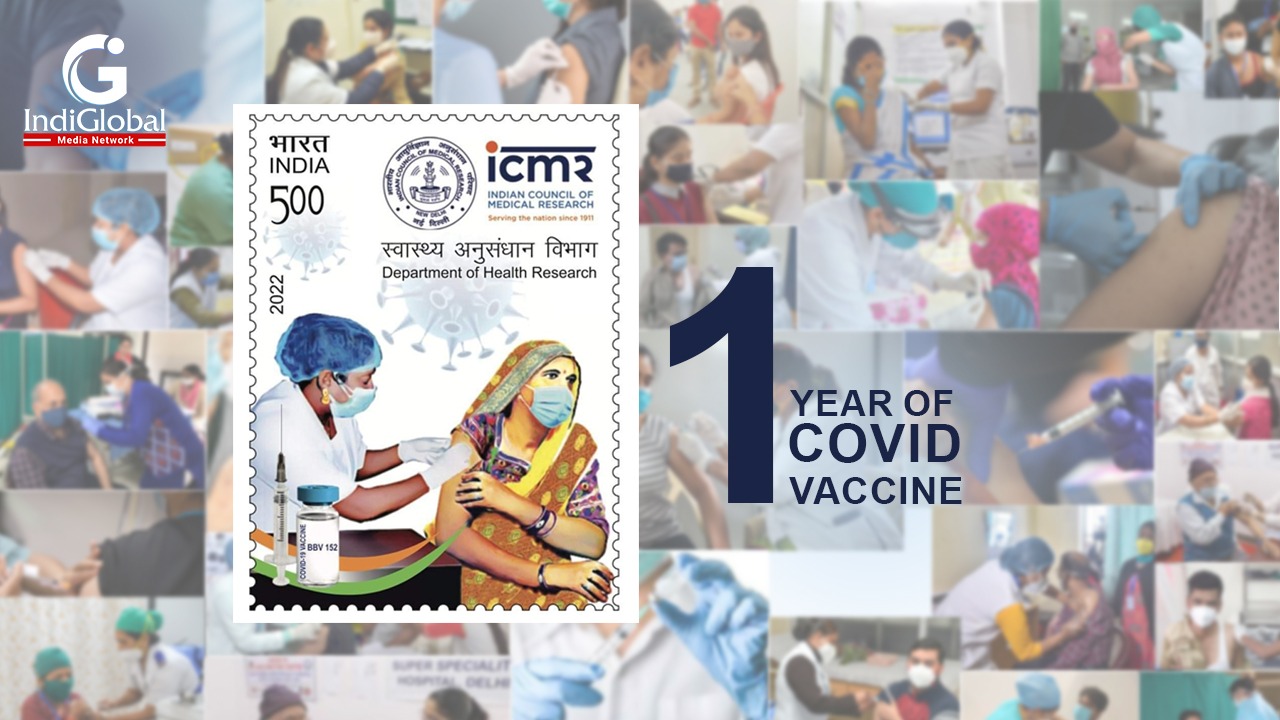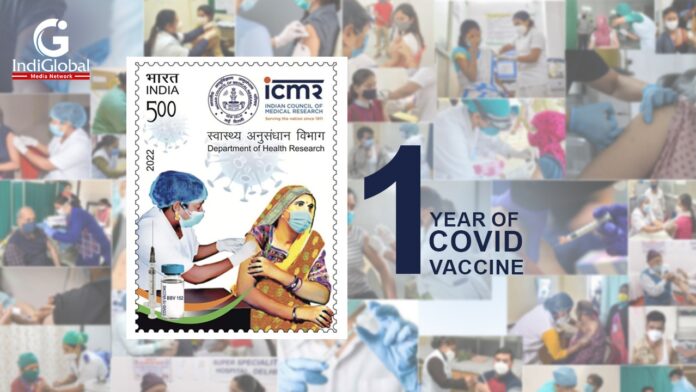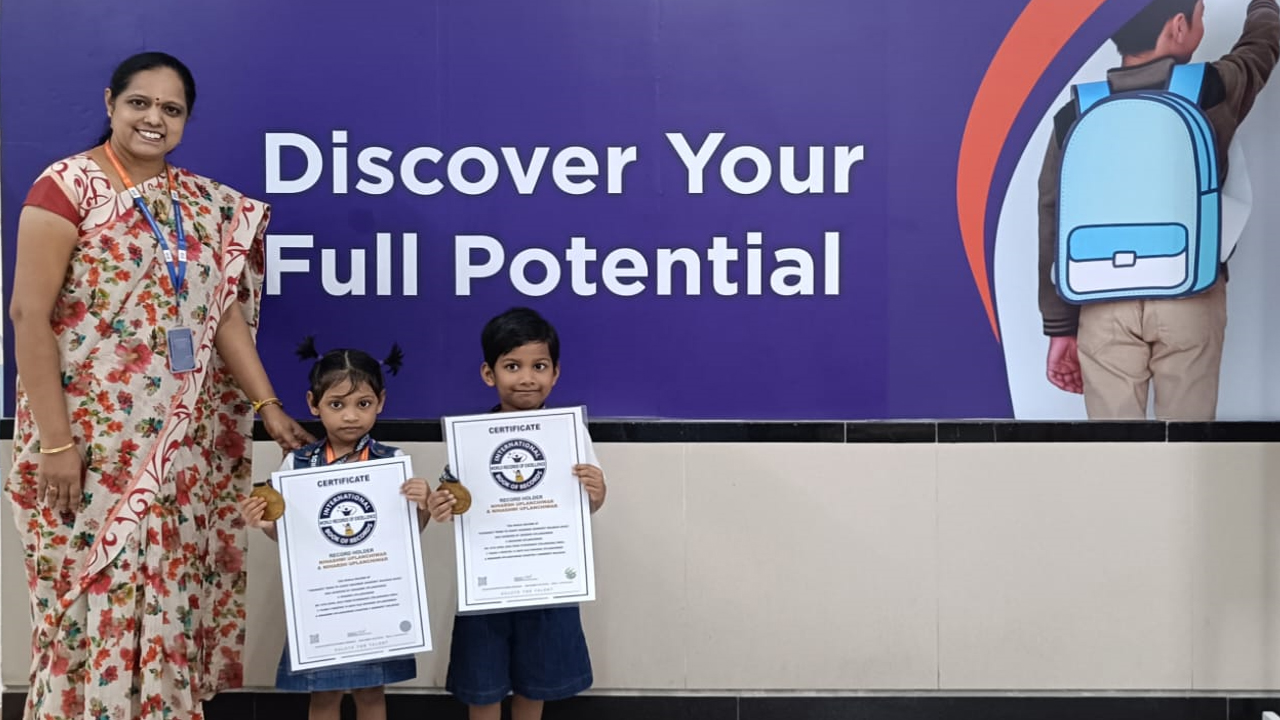IndiGlobal Media Bureau
Completing one year of Covid 19 vaccination with 158.86 crore doses has reasons for India to celebrate but it also has challenges and unfinished work in the vaccination process which needs to be dealt with to combat SARS-Cov 2 virus.
 Dr Vikas Bhatia, Executive Director at All India Institute of Medical Sciences, Bibinagar, Telangana explains the road ahead in an interesting conversation with IndiGlobal Media Network, Senior Assistant Editor, Kaniza Garari.
Dr Vikas Bhatia, Executive Director at All India Institute of Medical Sciences, Bibinagar, Telangana explains the road ahead in an interesting conversation with IndiGlobal Media Network, Senior Assistant Editor, Kaniza Garari.
India has completed one year of vaccination for Covid 19 on January 16th, 2022 which started in 2021. What is the road ahead for India now?
We have given 158.86 crores of doses of Covid 19 in which coverage is 93 percent for the first dose, 70 percent for the second dose and 50 percent for adolescents. The challenges are now to cover the remaining 7 percent for first dose, 30 percent for the second dose and 50 percent for adolescents. Having said that it is now important to identify those who have not taken vaccines and ensure that they are vaccinated.
Q. Which are the states where vaccination challenges are still noted?
There is vaccination inequity in India as 26 States/ Union Territories are having 90 percent coverages in first dose, seven States have shown 95 percent coverage in both doses and 12 states mostly in the North and North Eastern region have less than 50 percent coverage for two doses. The vaccination in these States must be taken up on priority and they must bring all States at par.
 Q. What must be the strategy in terms of vaccination for children below 15 years of age?
Q. What must be the strategy in terms of vaccination for children below 15 years of age?
The Central Government in principle has agreed to vaccinate children below 12 to 14 years from March 2022 onwards. The Central Health Ministry is taking vaccination of children in a phased manner. Presently, 50 percent of adolescents above 15 years are vaccinated. A step-wise model has been created in children like it was in adults so that there is proper dissemination of vaccine doses and also better coverage.
Q. With two doses of vaccines and boosters to the high-risk groups in adults are we now inching towards herd immunity in the country?
The serosurvey by Indian Council of Medical Research has shown that the original Wuhan virus and Delta virus has created immunity in the maximum population in India. We are inching towards herd immunity but we are also having the virus mutate. The mutation in the virus is to ensures that it survives in the host bodies of humans. With humans now becoming stronger, the virus is mutating further to attack them. Given this history, we will have to continue with Covid Appropriate Behaviour and Vaccination for some time.
Q. Does this mean that like Influenza Virus where a new strain is derived every year for vaccination, Corona Virus will also need a new vaccine every year?
It is difficult to predict that for now. The Omicron experience has shown that those who were vaccinated have had mild infections. It is believed that if the virus cannot attack adults, it will shift its attack on children. They too have resisted the Omicron strain. But it would be too early to jump to conclusions as we are still to see the peak and its effect on the healthcare systems. For now, we have to follow safety protocols and vaccinate our people. In our 2nd year of vaccination, we must complete maximum children and adults to stay safe from SARS-Cov 2.








